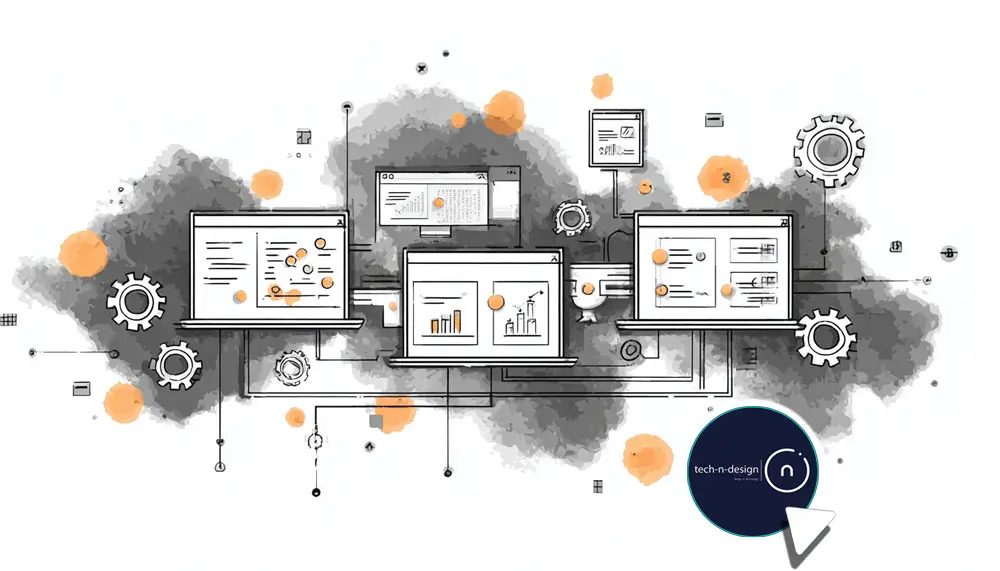Why Teams Choose Paradigm Over Airtable or Smartsheet for AI-Agent Data Automation
Teams turn to Paradigm instead of Airtable or Smartsheet when they need AI-agent data automation at scale. Paradigm was built for agents that update spreadsheets and databases continuously, with governance built in. If your team has outgrown manual workflows and basic automations, Paradigm is the next step.
How does Paradigm outperform Airtable and Smartsheet for AI-agent data automation at scale?
Paradigm was built for agents who work nonstop on data. It can take in data, check it, clean it, and write it back without slowing down or breaking. That means records get updated faster and with fewer errors.
Airtable and Smartsheet are still good for organizing tasks, but their automations were designed mainly for people to trigger. At scale, that difference shows. Paradigm adds controls that let agents run in parallel, handle large batches, and recover if something fails.¹
Where it improves on others
- Less manual supervision
- People step in only for reviews and approvals
- Balances autonomy with clear oversight
What ROI and risk controls can you expect when switching from Airtable or Smartsheet to Paradigm?
Current strength
- Replace fragile multi-step automations with reusable agent skills
- Enrich data, route exceptions, and publish updates seamlessly
- Less rework and fewer context switches as agents keep running
Possible benefits
- Fewer broken scripts
- More reliable productivity gains as agents keep working smoothly
Risk controls
- Track every cell-level change
- Version prompts and hide sensitive fields
- Set rules for low-confidence results
- Keep immutable logs with clear review points
These safeguards line up with NIST’s AI Risk Management Framework², which focuses on transparency, measurable controls, and continuous monitoring.
Sources
- Automations overview — Airtable
- AI Risk Management Framework (AI RMF 1.0) — NIST







